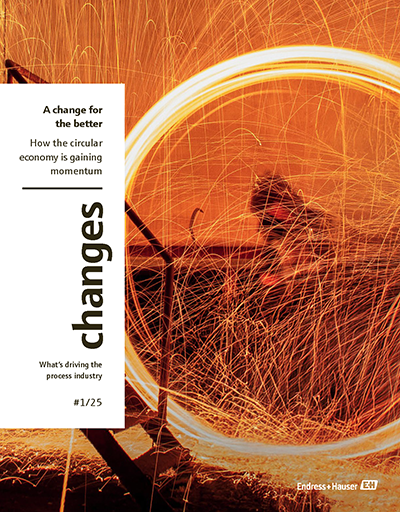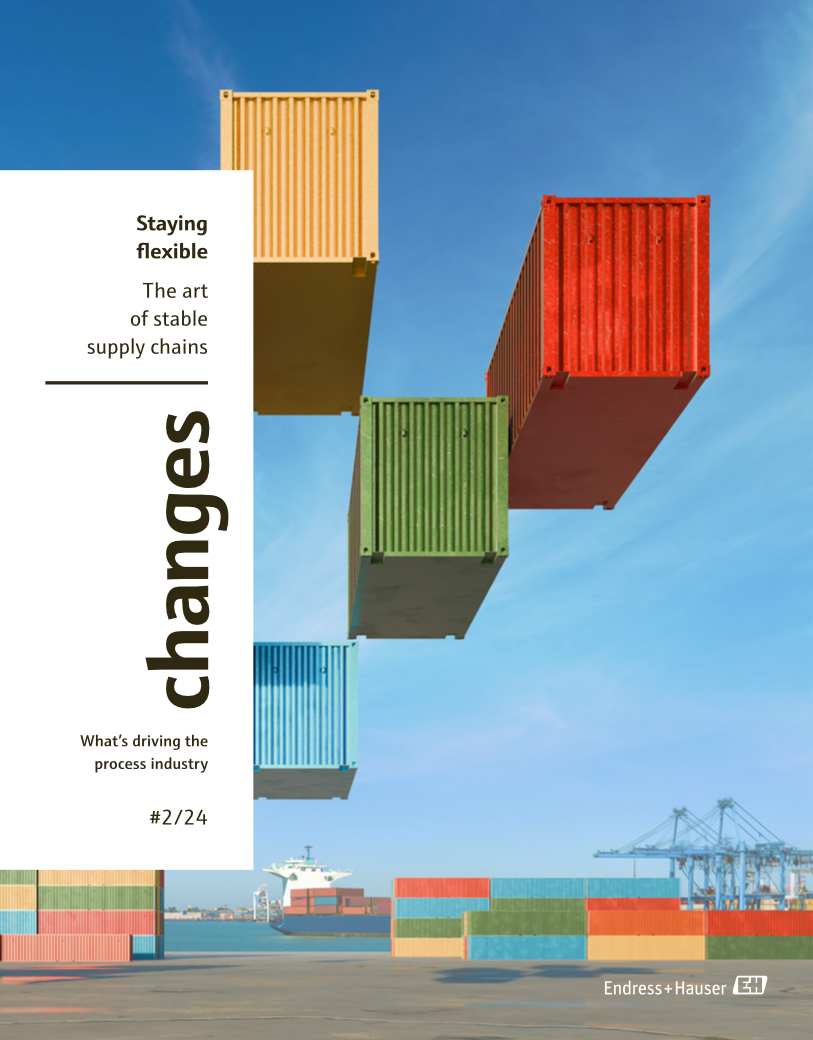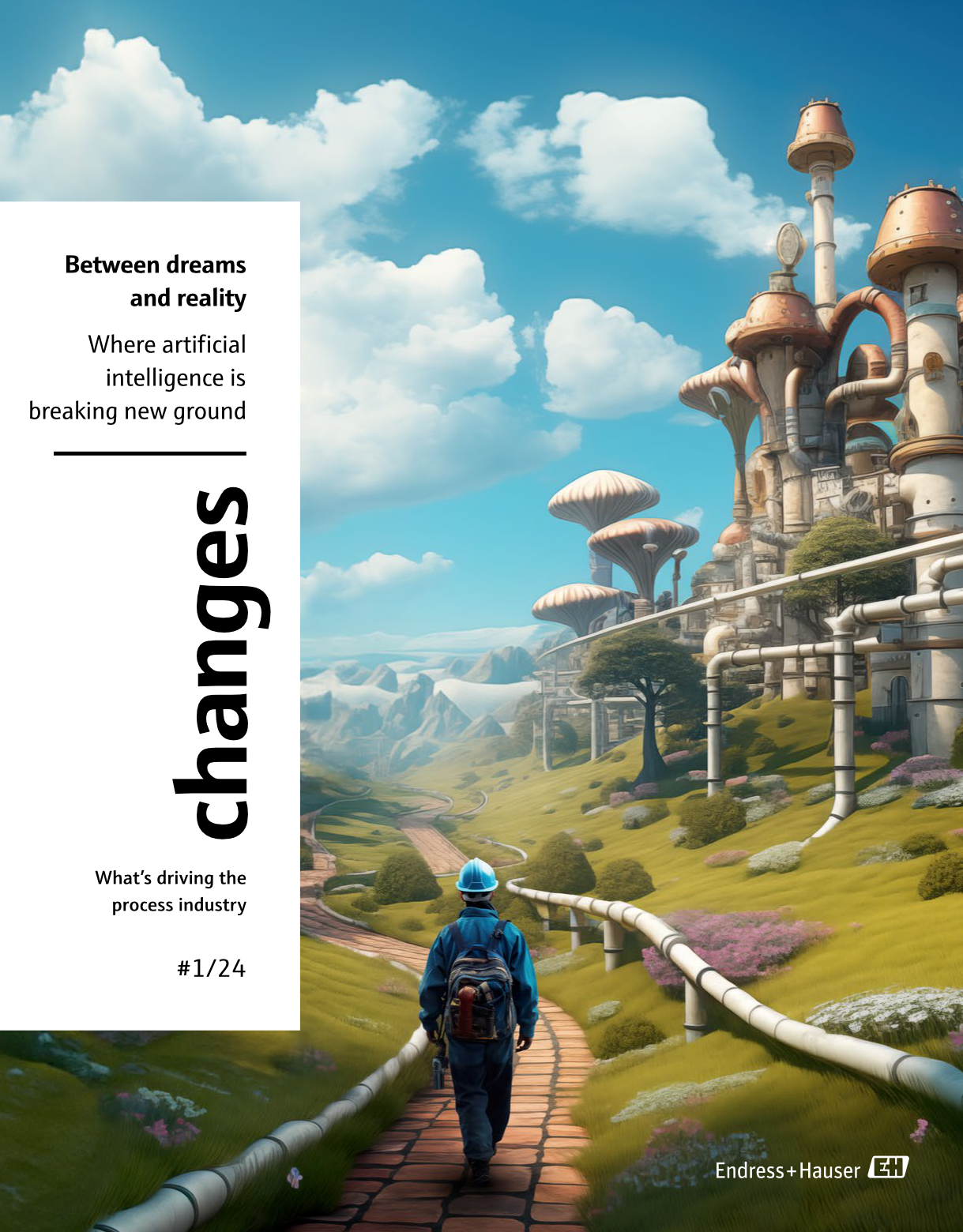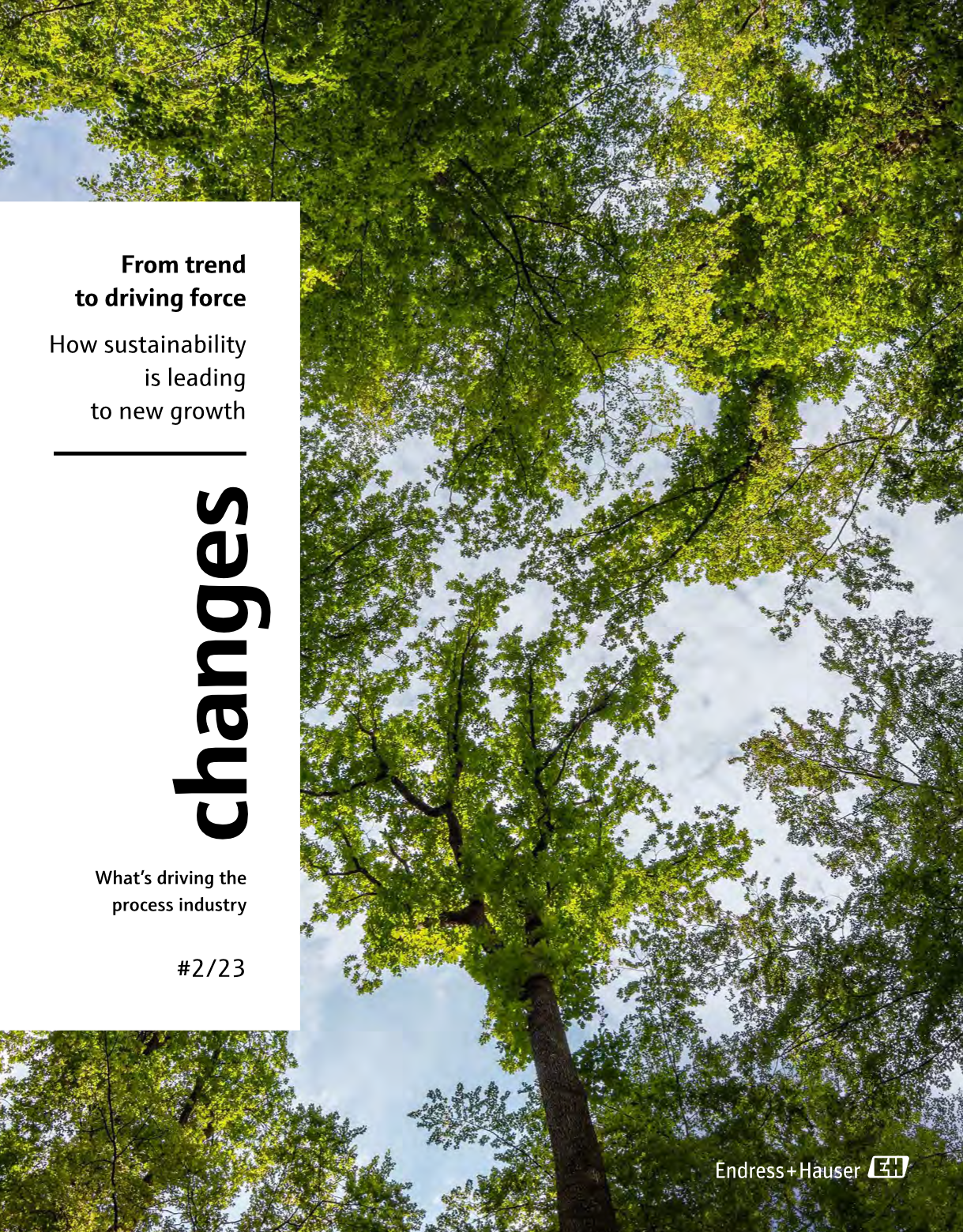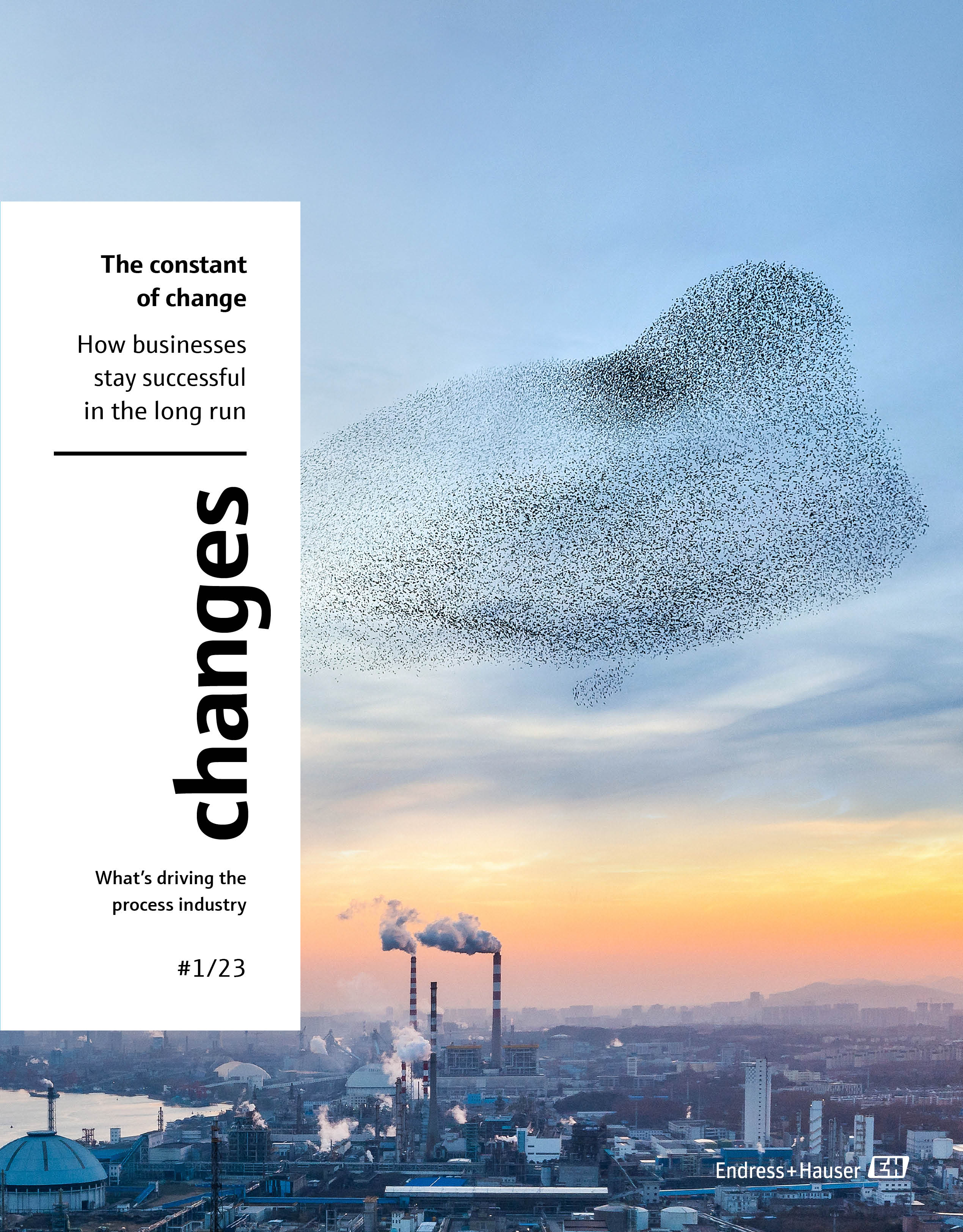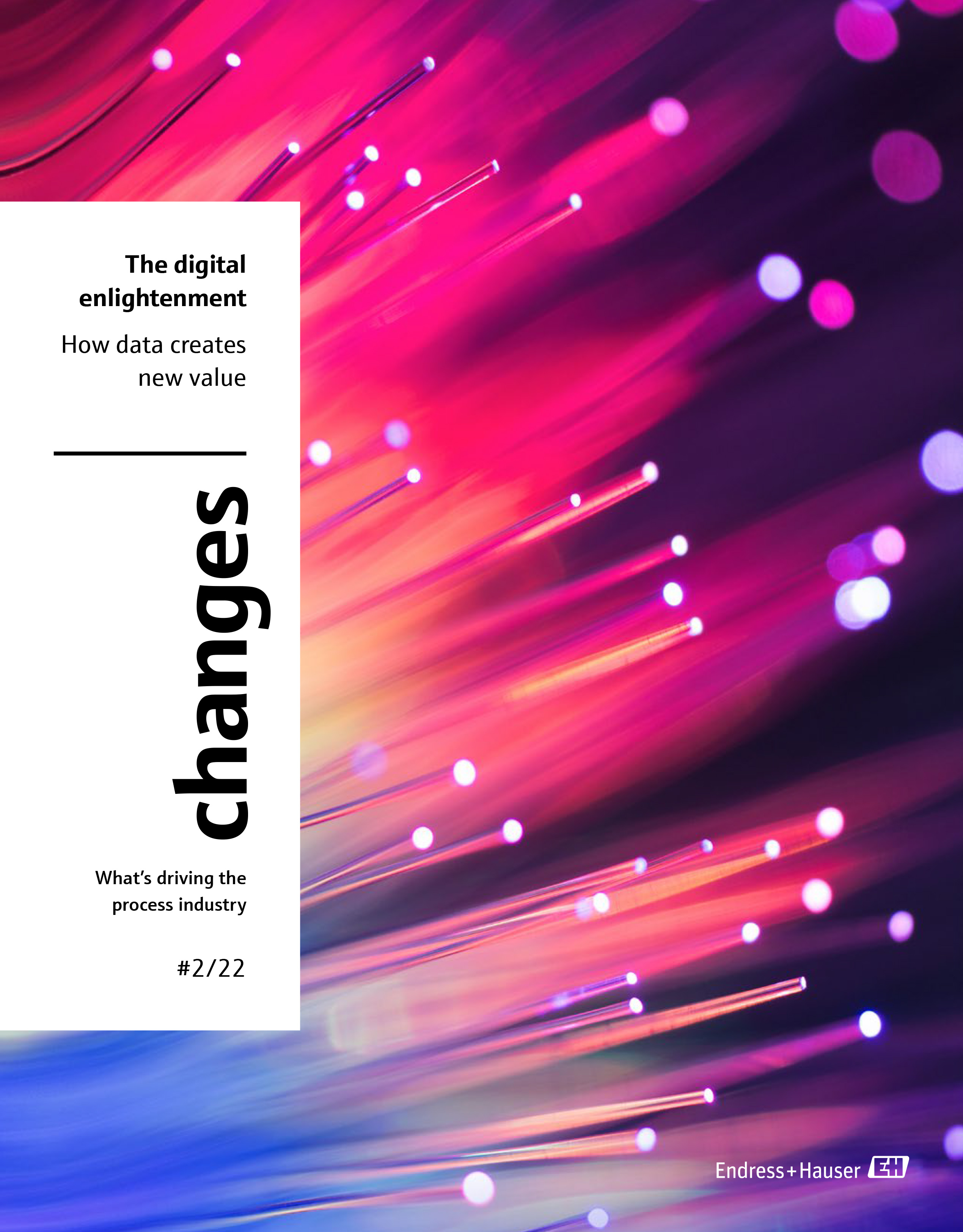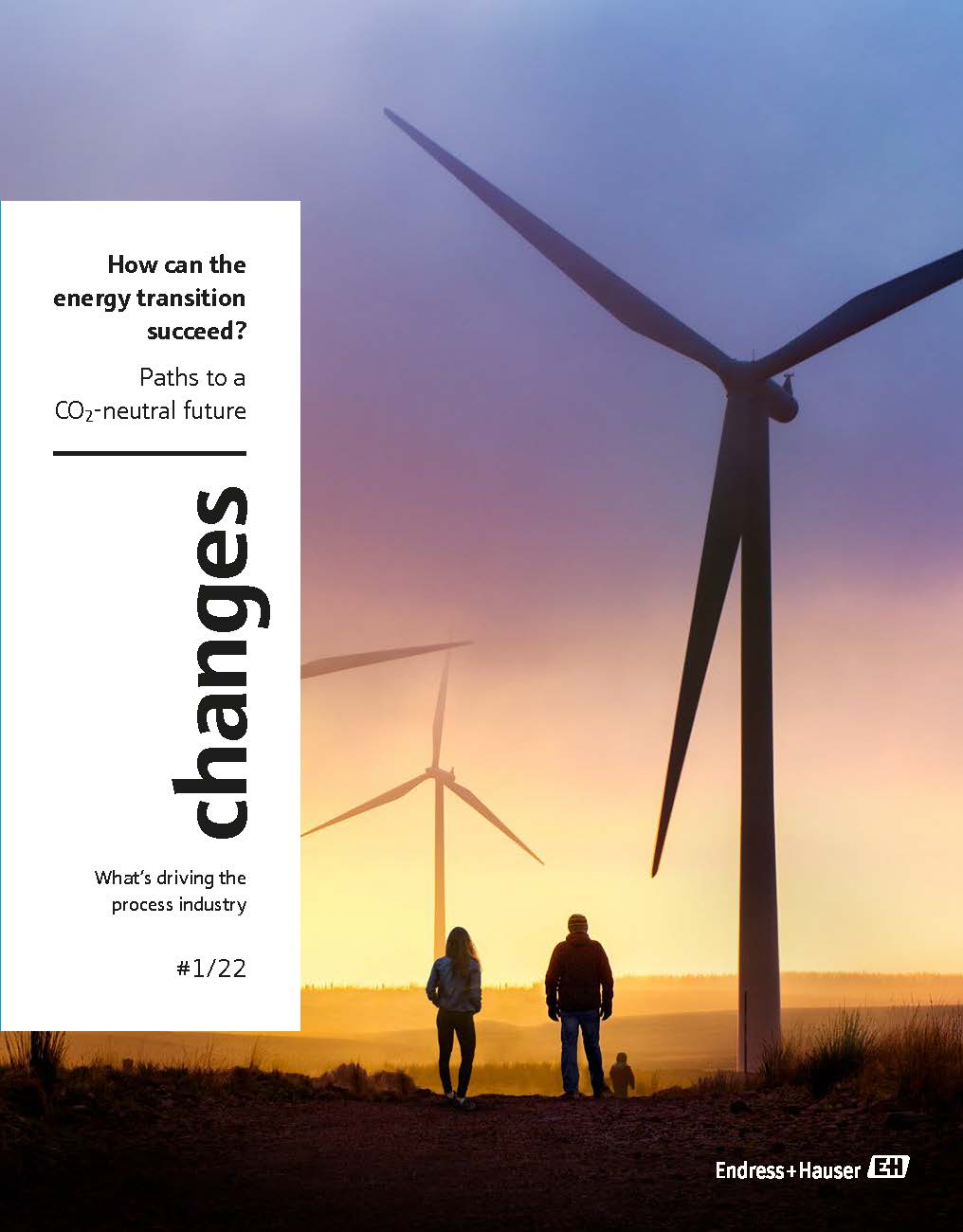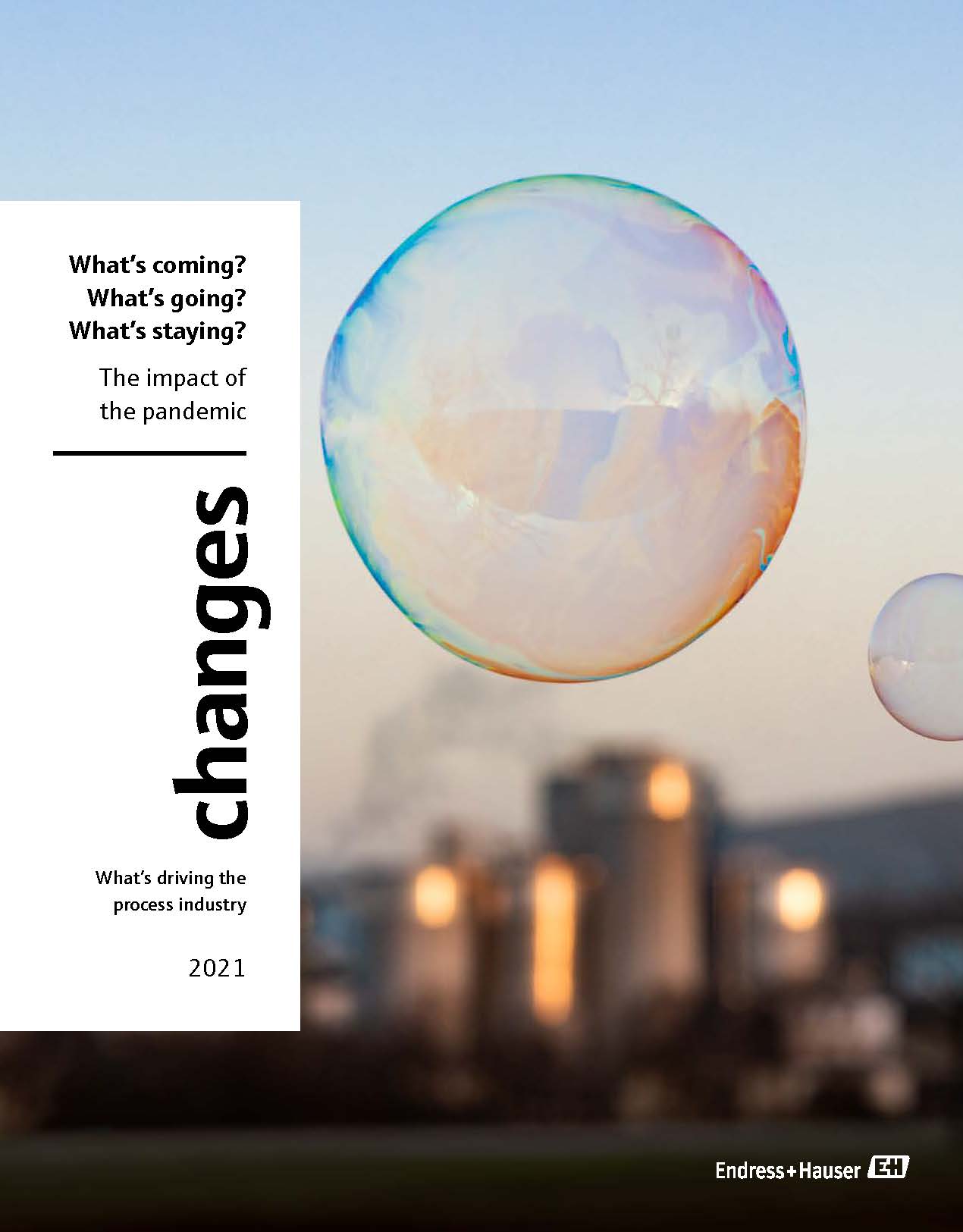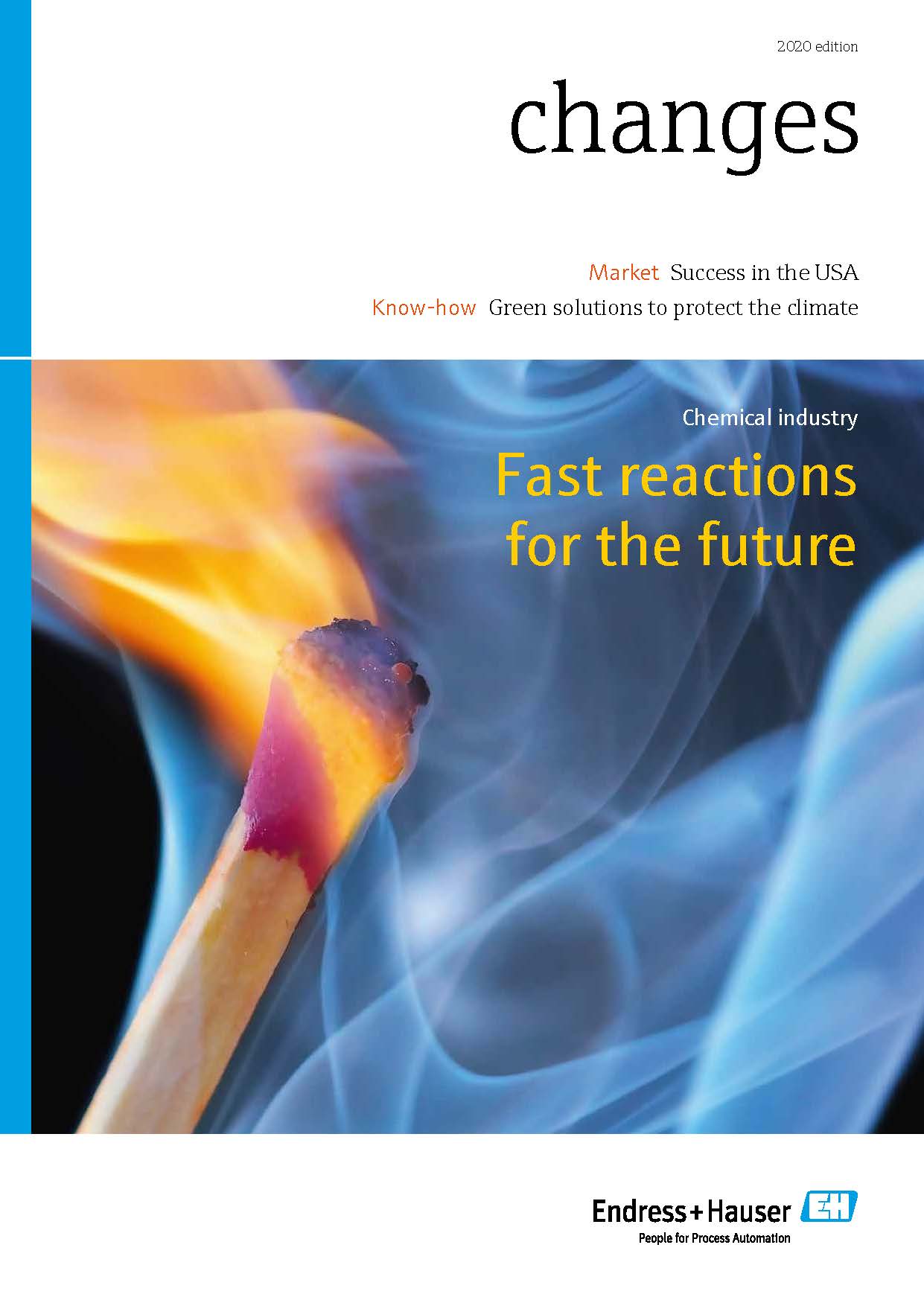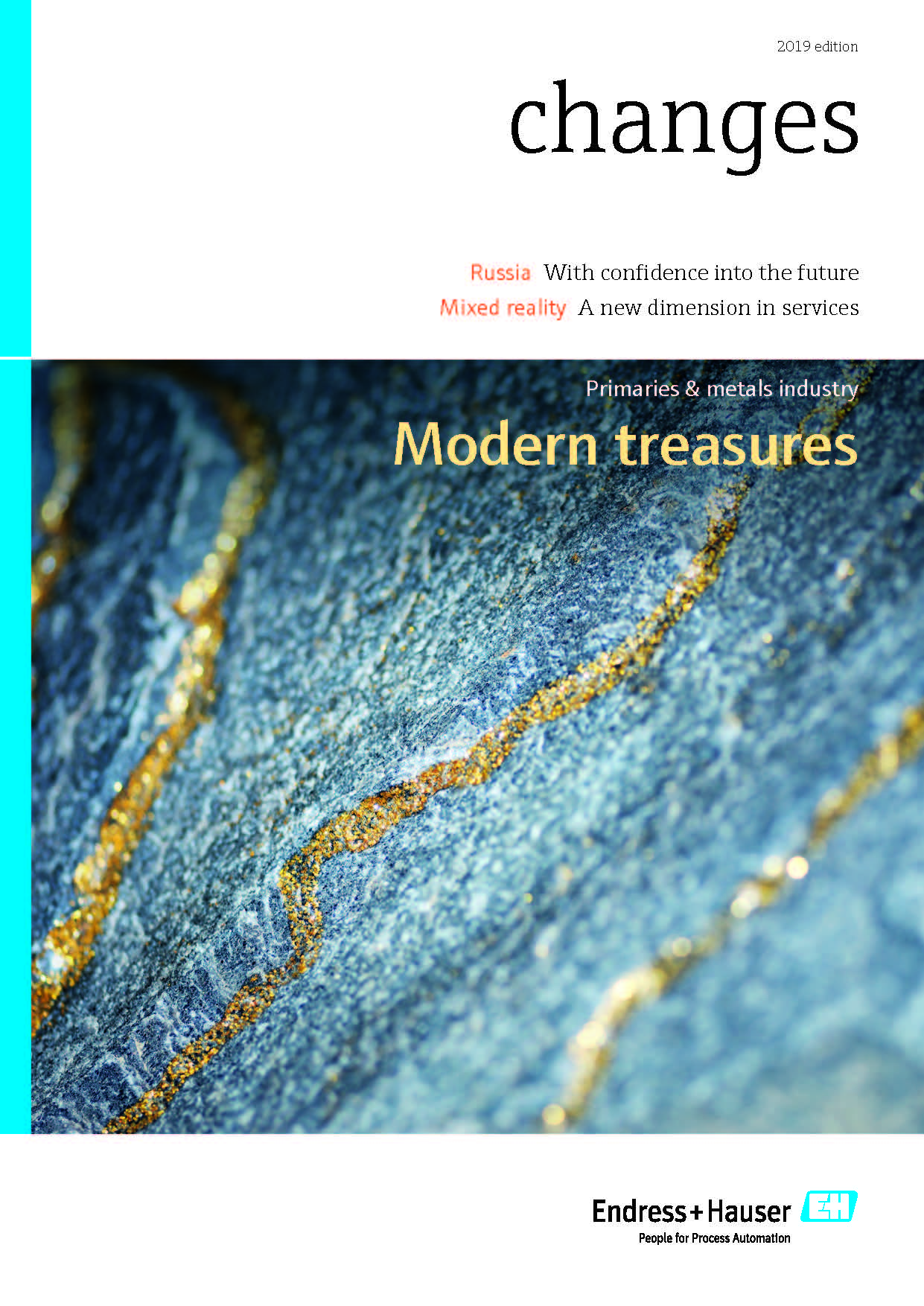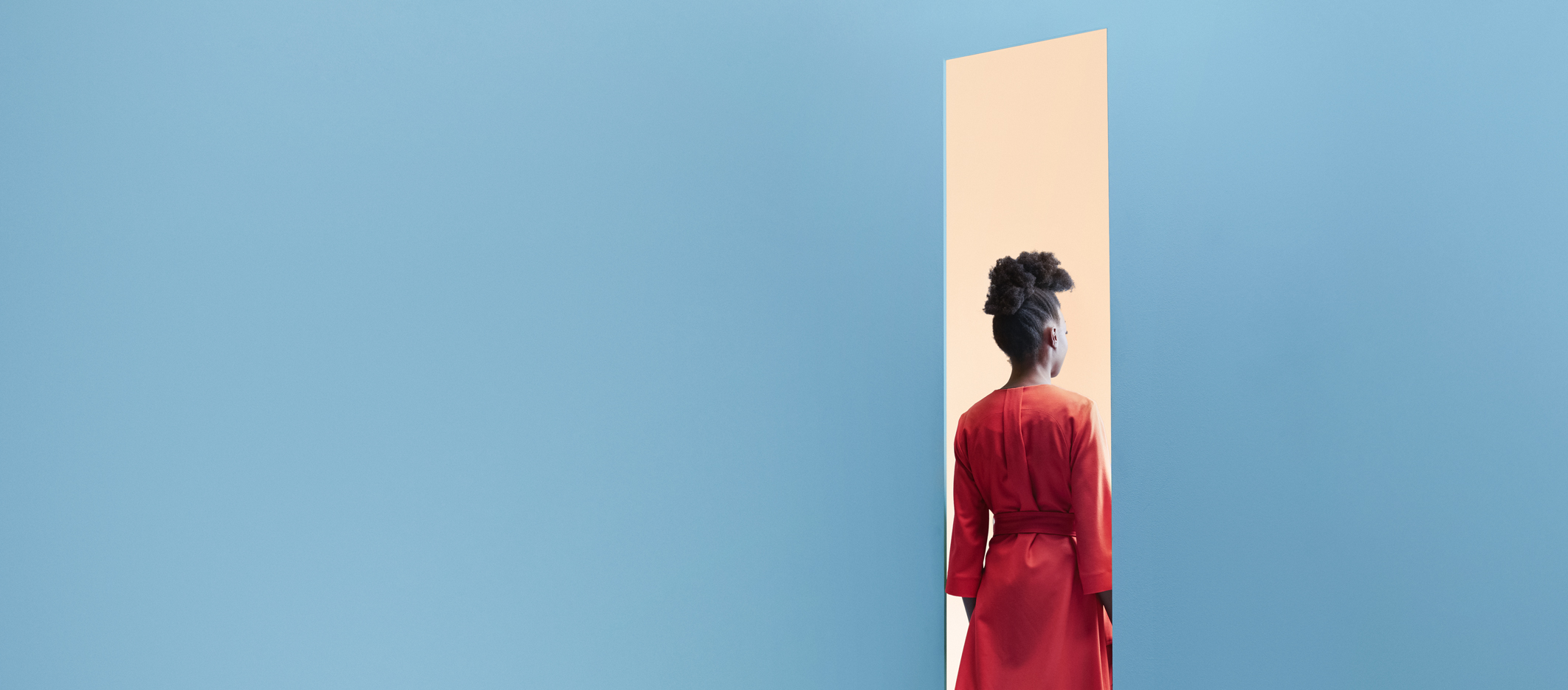
Destination unknown
The pandemic has a thousand faces. It changes how we meet each other, how we travel, how we learn and how we dress. Things that often lead to problems sometimes have positive aspects. Time to take stock and ask: what lies ahead, what will disappear and what will stay?
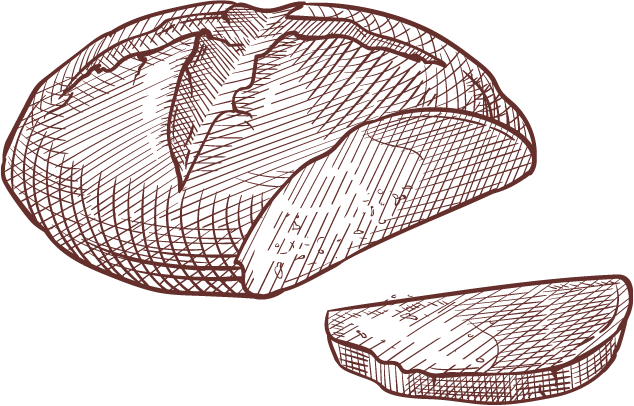
Last but not yeast
At the beginning of the pandemic, yeast and flour were often in short supply: many people were using the lockdown to bake their own bread. The trend for homemade sourdough and experiments with banana bread continue. Whether the popularity of homemade bread stems from an elementary need for self-sufficiency during a crisis, or from the calming effect of kneading dough by hand, is something that science still needs to find out.
Prognosis: will stay for some time. The world’s oldest sourdough starter, originating in Canada, is claimed to be 120 years old. Perhaps a ‘coronadough’ will break that record one day.
Not without my protective mask
In Asia, even before the pandemic arrived protective masks were a commonplace sight on streets where massive crowds make it impossible to maintain distance from one another. In the West, we’re amazed at how quickly everyone has become accustomed to wearing them. Much like it’s a pretty good idea to wash your hands even without SARS-CoV-2, protective masks can prevent the transmission of everyday colds and the winter flu. And besides, they keep noses warm when temperatures drop below freezing.
Prognosis: will stay around for a while and is bearable when it serves our health.
Home turf
Vacationers were forced to rethink their plans during the pandemic. Instead of jetting off to distant places, travel took place – if at all – in one’s own country. That meant many people learned to appreciate the benefits of shorter trips. Vacations close to home have the potential to become a trend even beyond the pandemic, a prognosis confirmed by a current survey in Germany, the US and China.
Prognosis: will gather momentum, with a positive side-effect: fewer flights and ocean cruises are good for the climate.
DIY therapy
Hammers, saws, paintbrushes and rollers: more and more people are diving into creative do-it-yourself projects at home and sinking money into their own four walls. In line with the motto “if the pandemic is going to keep us locked up, then it’s going to be inside a beautiful home”, people are renovating, decorating and fixing-up like never before. In Germany the do-it-yourself industry is recording growth of nearly 15 percent, while shares in US home improvement retailers like Home Depot and Lowe’s have risen by around one-third. In the UK, online purchases of construction and hobby products increased by 50 percent.
Prognosis: will eventually subside. At some point, every room will have a fresh coat of paint.
“For me it’s more about physical distancing than social distancing. Social distancing sounds as if the only way to overcome this crisis is if we turn our backs on one another. The only way we’re going to be able to take care of and protect the people ho are truly in need is if we build up or draw on whatever stock of social solidarity we still have.”
Eric Klinenberg,
Professor for Sociology and Director of the Institute for Public Knowledge, New York University
Everything by video
Dating, cooking classes, after-work happy hours – not to mention work meetings. During the pandemic, many interpersonal relationships are playing out on people’s computer screens. There are a lot of advantages to be discovered, especially when it involves flexible work environments or class instruction. The limits of virtual encounters are nonetheless becoming highly evident. Compared to the real world, the cognitive burden is demonstrably higher, plus many people miss the physical contact of real get-togethers.
Prognosis: will stay to some extent, and that’s a good thing. Especially at work or school, this flexibility brings added value. But when it comes to raising one’s glass or a rendezvous, up-close and live is better.

My home is my classroom
What is already commonplace in some countries like Denmark is a monumental task for children, teachers and parents in other parts of the world: digital instruction at home. According to the World Economic Forum in Geneva, ‘home schooling’ will likely have a long-term impact on education. What that translates to, apart from equipping schools and students with technology, is that it will be particularly important to help teachers and educators get in shape for remote instruction and continue to provide all children access to educational opportunities. This is where government policies, above all, are called upon.
Prognosis: will stay and remain a challenge for all involved – but also an opportunity.
Advice from the cycologist
Thinking about buying a bicycle in Covid times? Great idea, but next to impossible. On the back of huge demand, the market for two-wheelers has been cleaned out in many countries. In the US, for instance, as many bicycles were sold in April and May 2020 as during the 70s oil crisis. In Europe many people are using bicycles for commuting to work in order to avoid public transportation or to stay active after work. A positive side-effect is that many cities like Brussels, Barcelona and Milan have built new cycle paths on short notice or declared entire downtown areas vehicle-free zones.
Prognosis: will stay because cycling is not only healthy but benefits the environment and frees up space in cities.
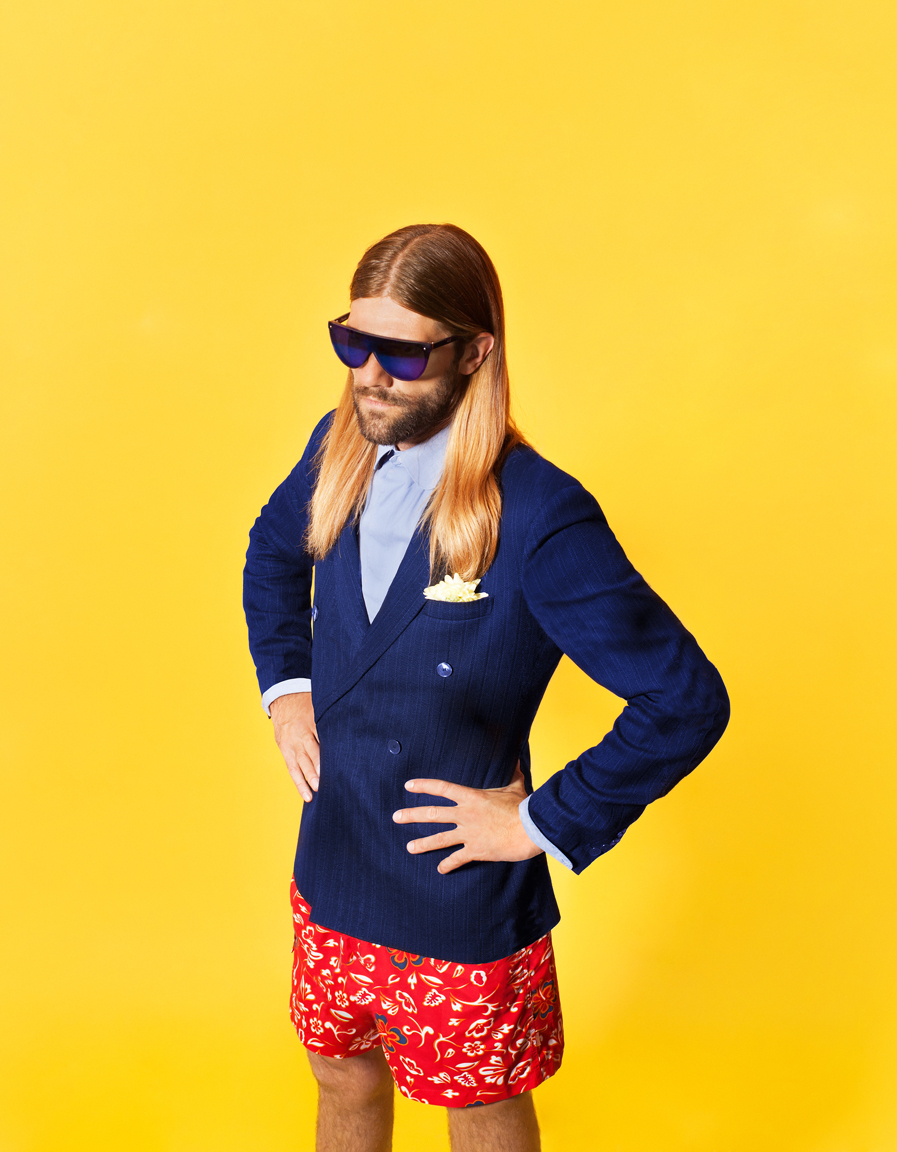
Dress code? What dress code?
With the necktie already in retreat pre-pandemic, the year 2020 has dealt a body blow to sartorial graces. Loungewear is on the rise. In the home office, the desire to dress nattily is disappearing. Data analysis company Reply reports that shortly after the pandemic began, fashion interest among the British, Germans, French, Italians and Spaniards was 23 percent down on the previous year. Similar reports have circulated in US and South African media. And in China, one of the most frequently searched hashtags during the Chinese New Year was #OnePajamaForTheWholeDay. You can easily imagine where this is heading.
Prognosis: will stay with us because we won’t be able to repel the virus as fast as our eyes will grow accustomed to the new leisure look.
Published 01.01.2021, last updated 20.06.2022.
Dive into the world of the process industry through new exciting stories every month with our «changes» newsletter!
